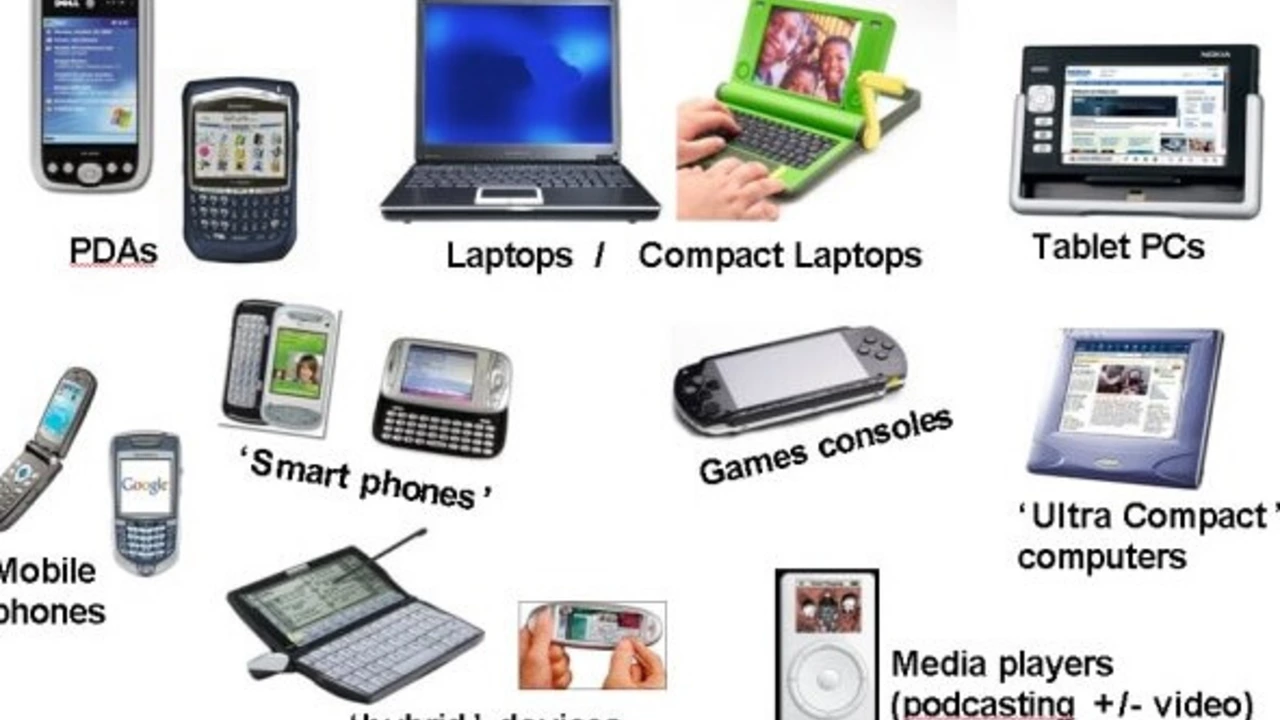Which is worse for kids, computers or mobile phone games?
 Jul, 28 2023
Jul, 28 2023
Breaking Down the Digital Dilemma
Initially, I would like to start by acknowledging the severity and complexity of this issue. The dilemma of "Which is worse for kids, computers or mobile phone games?" poses the question: what is the most significant digital threat for our children? We’ve reached an era where just about every kid has a phone, and computers are easier than ever to access. It's important to remember that the objective here is not to villainize technology but to comprehend how to coexist with it beneficially.
Computer and mobile games, stemming from their widespread accessibility and addictive nature, are among the most controversial topics when it comes to protecting children’s wellbeing. Both platforms carry comparable risks, including mental health concerns, reduced physical health, and jeopardized interpersonal relationships. Nevertheless, the weight of each platform is distinguished by factors like portability, constant accessibility, and personal privacy afforded by mobile phone games. These characteristics tend to intensify the effects on young brains.
Understanding the Digital Landscape
Diving deeper, a computer is not simply a gaming device but a versatile tool that allows kids to do research, complete assignments, learn programming, develop creativity through design and editing tools, and so much more. On the other hand, mobile games are largely designed for entertainment, flooded with potentially harmful content, in-app purchases and sometimes are time-sinks more than anything else. Computers can house more educational and beneficial tools for children, whereas mobile games often lack this balance, leaning more towards recreation and fun.
While both devices serve different purposes, they also embody unique dangers. Computers, with their relatively stationary nature, encourage prolonged periods of sitting, which negatively affects physical health. Contrastingly, the omnipresence of mobile phone games accentuates concerns over screen time and exposure to questionable content due to the heightened privateness. I remember when my nephew managed to sneak in a couple of extra hours of gaming on his phone under the blanket, long past his bedtime!
Grasping the Mobile Menace
In terms of accessibility, mobile phone games pose a greater threat. The portability of mobile phones means that games can be played virtually anywhere and at any time, which heightens the risk of addiction. Not to mention, rampant in-game purchases can lead to unwanted expenses for parents. My niece once unintentionally purchased a virtual unicorn for a whopping hundred bucks on her mobile game!
Moreover, the intimate and personal nature of mobile phones allows for a more solitary gaming experience. This could lead to children isolating themselves and fostering an unhealthy relationship with their device. Privacy also opens up another can of worms with risk of exposure to inappropriate content or engage in dangerous interactions with strangers, which is less likely with computer games that are generally played within visible and audible range of adults.
Computing Consequences
At a glance, computers might seem less concerning than mobile phones. Unlike mobile games, computer games often involve a higher degree of thinking, strategy, and skills. Many of them are multifaceted and complex, at times offering educational value. However, the downside is that computers offer a gateway to the vast and often unregulated realm of the internet. The risk of innocent exploration leading to exposure to mature themes, objectionable content or simply information overload is very real.
From a physical well-being perspective, long hours spent sitting in front of a computer can lead to issues such as poor posture, chronic back problems, and increased risk of obesity. I can tell you, my chair and desk situation were far from ergonomic in my teenage years, and boy did my back pay for it!
The Privacy Predicament
Privacy is a tricky aspect to navigate with both devices. While computing typically happens in a shared space such as a living room, mobile gaming occurs on a personal device, often in the private utility of a child's room. It's more challenging to keep tabs on activity on a phone, let alone manage the privacy settings on every app. There are countless more opportunities for inappropriate interactions, particularly in multiplayer games with chat functions.
Parental Part
The role of parents is undeniably significant when it comes to managing this issue. While the equipment provides countless opportunities for growth and learning, it also delivers significant challenges in terms of supervision and guidance. Parents can play an active role in regulating screen time, ensuring age-appropriate content, and mitigating threats of physical ailments by encouraging regular breaks and exercises. Trust me, I got my fair share of scolding and chiding from my parents during my gaming days. But, in hindsight, it was much needed and beneficial for me.
The Silver Lining
Despite the potential risks, it's important to remember that not all computer or mobile games are harmful. Many games promote strategic thinking, problem-solving and even improve manual dexterity. And let's not forget, they're also sources of fun and relaxation. The key is striking a balance and ensuring our children can reap the benefits of digital gaming while being protected from its hazards. After all, I still remember the good old times when I used to play age-appropriate strategy games on the family computer - those were the days!
Final Thoughts
Summarizing this long discourse, it doesn't boil down to a definitive answer to the question, "Which is worse for kids: computers or mobile phone games?". The risks involved are more about the context, usage, and management of these mediums than the devices themselves. While there might be more concerns associated with the portability and personal nature of mobile phones, it's not as simple as swapping one device for another. We need to create a safe digital environment, guide and monitor our children's digital activities, pave the way for open discussions about digital safety, and, most importantly, model healthy digital behavior ourselves.